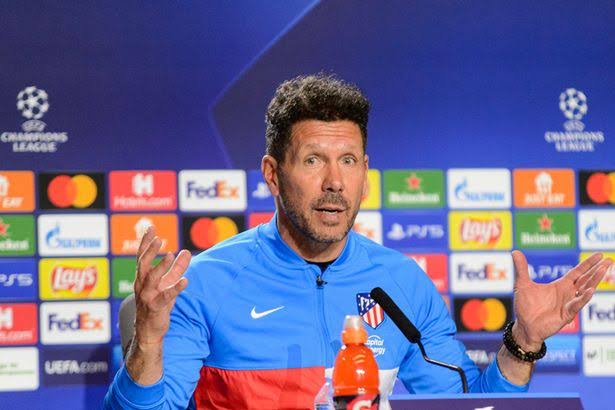Slot’s assertion was fueled by a mix of personal conviction and surprising reasoning, leading to a lively debate among fans and pundits alike.
At the heart of Slot’s argument was the success of a player previously overlooked by Guardiola during his tenure at Manchester City. This player, who has since blossomed under Ancelotti’s guidance, is now regarded as the best in La Liga. Slot highlighted how Ancelotti’s unique approach to management transformed this player’s career, emphasizing that it was not merely talent but a keen understanding of individual needs that set Ancelotti apart.
Slot’s reasoning didn’t stop there. He went on to compare Ancelotti’s tactical flexibility with Guardiola’s more rigid philosophy. “Ancelotti could manage a circus and still have them playing in harmony,” he joked, adding that the Italian could probably coach a team of cats to play coherent football. His assertion, while whimsical, pointed to Ancelotti’s adaptability and ability to draw the best from a diverse array of players.
Moreover, Slot remarked on Ancelotti’s calm demeanor, claiming it allows him to connect with players on a deeper level. “You could throw Ancelotti into a shark tank, and he’d emerge with a new strategy for coaching dolphins,” Slot quipped, reinforcing the idea that Ancelotti’s composure translates into a nurturing environment that fosters player development.
In what many found to be the most peculiar aspect of Slot’s argument, he described Ancelotti as possessing an almost mystical quality. “He has a magical aura that transforms teams,” Slot insisted. “You can see it in the way players perform; it’s as if they believe in a higher power when they’re under his guidance.” This intangible quality, Slot argued, gives Ancelotti an edge over Guardiola, whose systematic approach sometimes lacks the emotional connection.
While Slot’s comments may have raised eyebrows, they also highlight an ongoing discussion about the evolving nature of football management. The contrasting styles of Ancelotti and Guardiola embody a broader debate about the balance between tactical rigidity and emotional intelligence in coaching.
Slot’s enthusiastic endorsement of Ancelotti is certainly provocative, but it also reflects a growing appreciation for coaches who prioritize player development and adaptability in an ever-changing sport. Whether or not one agrees with Slot’s views, they certainly spark an intriguing conversation about what makes a football manager truly great.
As Slot’s statements continue to reverberate through the football community, they serve as a reminder that coaching is as much an art as it is a science. While Ancelotti and Guardiola each have their strengths, Slot’s unorthodox reasoning invites fans to consider what truly defines greatness in the world of football management.
